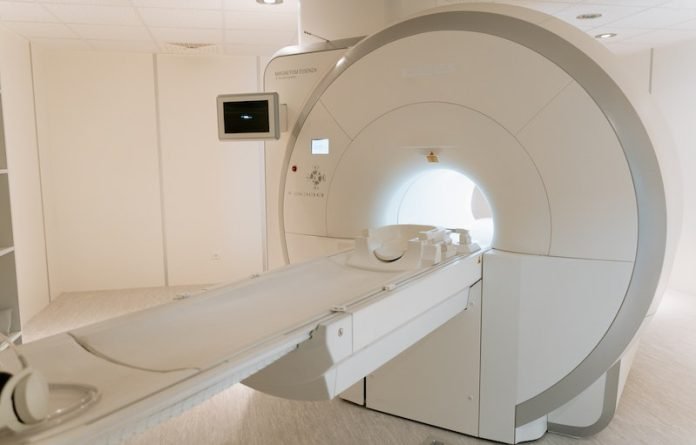
Heart failure is also known as congestive heart failure. It is a condition that develops when your heart doesn’t pump enough blood for your body’s needs.
This can happen if your heart can’t fill up with enough blood. It can also happen when your heart is too weak to pump properly.
In a study from the University of East Anglia, scientists have developed cutting-edge technology to diagnose patients with heart failure in record time.
The state-of-the-art technology uses magnetic resonance imaging (MRI) to create detailed 4D flow images of the heart.
But unlike a standard MRI scan, which can take up to 20 minutes or more, the new 4D heart MRI scan takes just eight minutes.
The results provide a precise image of the heart valves and blood flow inside the heart, helping doctors determine the best course of treatment for patients.
Heart failure is a dreadful condition resulting from rising pressures inside the heart. The best method to diagnose heart failure is by invasive assessment, which is not preferred as it has risks.
An ultrasound scan of the heart called echocardiography is routinely used to measure the peak velocity of blood flow through the mitral valve of the heart. However, this method can be unreliable.
The team has been researching one of the most cutting-edge methods of flow assessment inside the heart called 4D flow MRI.
In 4D flow MRI, they can look at the flow in three directions over time—the fourth dimension.
This new technology is revolutionizing how patients with heart disease are diagnosed. However, it takes up to 20 minutes to carry out a 4D flow MRI and we know that patients do not like having long MRI scans.
The team collaborated with General Electrics Healthcare to investigate the reliability of a new technique that uses super-fast methods to scan the flow in the heart, called Kat-ARC.
They found that this halves the scanning time—and takes around eight minutes.
They also showed how this non-invasive imaging technique can measure the peak velocity of blood flow in the heart accurately and precisely.
Cardiology patients at the Norfolk and Norwich University Hospital (NNUH) were the first to trial the new technology.
And the team hopes their work could revolutionize the speed at which heart failure is diagnosed, benefitting hospitals and patients worldwide.
If you care about heart health, please read studies about the best time to take vitamins to prevent heart disease, and calcium supplements could harm your heart health.
For more information about nutrition, please see recent studies that magnet in common popular devices could harm your heart health, and results showing Vitamin K2 could help reduce heart disease risk.
The study was conducted by Dr. Pankaj Garg et al and published in European Radiology Experimental.
Copyright © 2022 Knowridge Science Report. All rights reserved.



